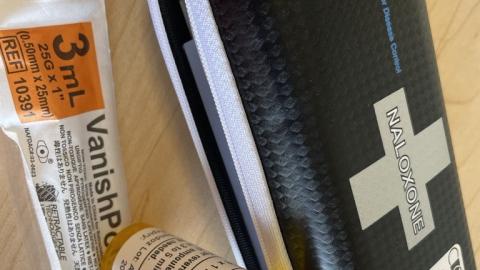Guidelines for opioid addiction & treatment
The British Columbia Centre on Substance Use (BCCSU) and the Ministry of Health have developed provincial guidelines for the treatment of opioid use disorder.
The guidelines aim to improve knowledge of the various medical and psychosocial treatments available for opioid use disorder in the face of the toxic drug crisis. A Guideline for the Clinical Management of Opioid Use Disorder (OUD Guideline) provides evidence-based guidance on the full continuum of opioid use disorder care.
The guidelines support a diverse array of possible treatments, recognizing that different approaches are necessary for different patients and circumstances.
BC’s Clinical Guideline for Treating People with Opioid Use Disorder
Topics covered
- Oral and injectable opioid agonist treatment
- Strategies for Managing Withdrawal
- Combination Approaches and Transitions between medications
- Antagonist pharmacotherapies
- Psychosocial Interventions including bed-based treatment programs
- Harm reduction services and programs
- Peer-based supports
Resources
- More resources are available on bccsu.ca/opioid-use-disorder
- If you or a client needs support with their substance use, visit VCH Access Central
- If you’d like to learn more about Overdose prevention and harm reduction, visit VCH Harm Reduction
- If you are a care provider in the VCH Region and would like to apply for funding to complete OAT provider training, OAT Capacity Building Training











